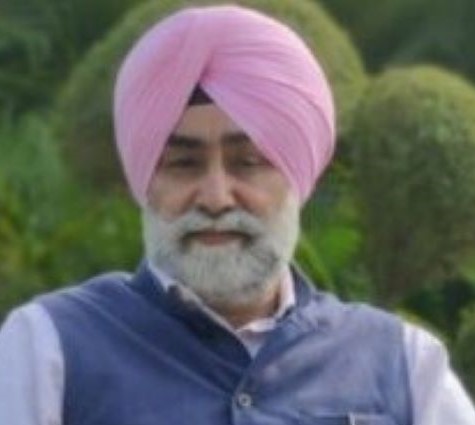 Pakistan-occupied Kashmir (PoK) is once again in turmoil. Streets in Muzaffarabad, Bagh, and Mirpur have seen massive protests over high electricity bills, rising wheat prices, and the unfair use of local resources.The region that Pakistan calls “Azad” (free) feels captivated, cheated, angry, poor, and disillusioned.The protesters, under the banner of the Joint Awami Action Committee, are demanding basic rights. PoK produces electricity for Pakistan but pays the highest tariffs. Its people see their rivers and resources being used by others while they live in neglect. This anger has now gone beyond economics. It has become a movement against decades of injustice and exploitation by Islamabad.
Pakistan-occupied Kashmir (PoK) is once again in turmoil. Streets in Muzaffarabad, Bagh, and Mirpur have seen massive protests over high electricity bills, rising wheat prices, and the unfair use of local resources.The region that Pakistan calls “Azad” (free) feels captivated, cheated, angry, poor, and disillusioned.The protesters, under the banner of the Joint Awami Action Committee, are demanding basic rights. PoK produces electricity for Pakistan but pays the highest tariffs. Its people see their rivers and resources being used by others while they live in neglect. This anger has now gone beyond economics. It has become a movement against decades of injustice and exploitation by Islamabad.
For the first time, posters appeared in parts of PoK demanding merger with India. While difficult to verify due to restrictions and internet shutdowns, such slogans mark a major shift. The people of PoK no longer see India as an enemy — they see Pakistan as their oppressor.
India has reacted with calm and confidence. The Ministry of External Affairs condemned the crackdown, calling it the “natural result of Pakistan’s oppressive approach.” RSS chief Mohan Bhagwat, speaking in Satna, used a striking image: “One room of our house has been occupied. Tomorrow, I have to take it back.” His words drew loud applause, reflecting the growing belief that PoK will one day return to India without war.
Former Army Chief and Union Minister Gen. V.K. Singh said much the same — that PoK will “merge with India on its own.” Islamabad’s quick agreement with the protesters on October 4, granting partial concessions, shows its nervousness. But the deal won’t solve the real problems — years of corruption, unemployment, and political manipulation. Pakistan’s control over PoK is weakening from within.
China, too, is watching closely. The China–Pakistan Economic Corridor (CPEC), worth over $60 billion, passes through PoK. It connects China’s Xinjiang province to Pakistan’s Gwadar port. For Beijing, this corridor is vital for trade and energy. If PoK’s political status changes, it could threaten China’s investments and its direct land route to the Arabian Sea. That is why China silently hopes for stability under Pakistan’s rule, even as it senses growing local anger.
For India, the possible return of PoK is not only about pride or history. It has real strategic and economic meaning. The region holds the upper reaches of the Indus and Jhelum rivers — lifelines for both countries. India has already signaled that the Indus Waters Treaty may need to be relooked at, given Pakistan’s hostility and misuse of water issues.

Is former Member of Punjab Public Service Commission
A farmer and keen observer of current affairs
If PoK were to come under India’s control, it would gain full command of the headwaters and could plan new dams and hydropower projects without Pakistan’s objections. This would strengthen India’s water security and energy independence. It would also end Pakistan’s use of PoK as a base for cross-border terrorism.
Yes, integrating PoK would bring challenges — rebuilding infrastructure, creating jobs, and ensuring stability. But the long-term benefits would outweigh the cost. PoK’s landscape has huge tourism potential and rich natural resources. More importantly, it would bring closure to a painful chapter of Partition and end Pakistan’s misuse of this territory as a propaganda tool.
Pakistan’s economic crisis, political confusion, and loss of public trust are eroding its grip on PoK faster than any external force could. India does not need to act in haste. Patience and preparedness will do more than any military plan.
When Mohan Bhagwat said, “I have to take it back,” he was not calling for war — he was expressing a sense of inevitability. Nations fall apart not always through battles, but through their own decay. What we see in PoK today is the beginning of that decay — people rising against a false promise of freedom.
If that voice keeps growing, India won’t have to fight for PoK. It will simply return home — by the will of those who were supposed to be “Azad” under Pakistan, but never were.